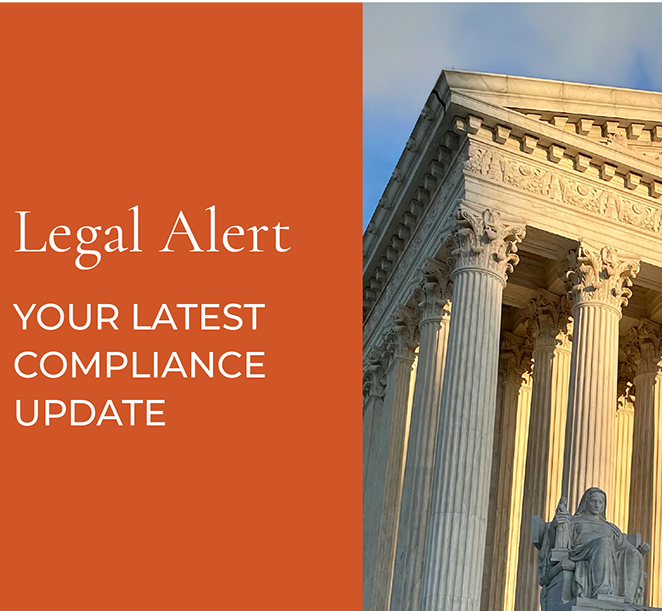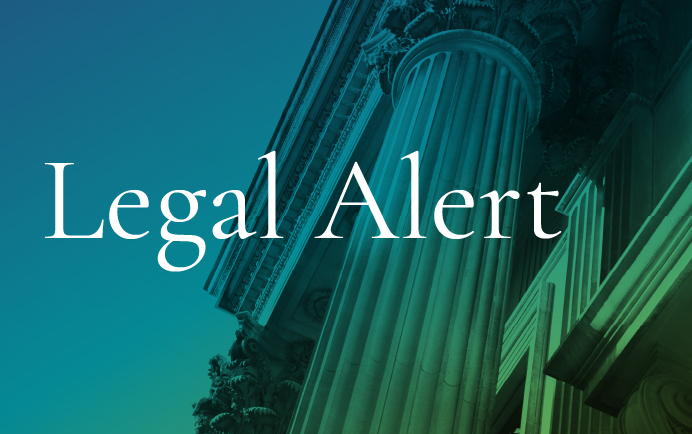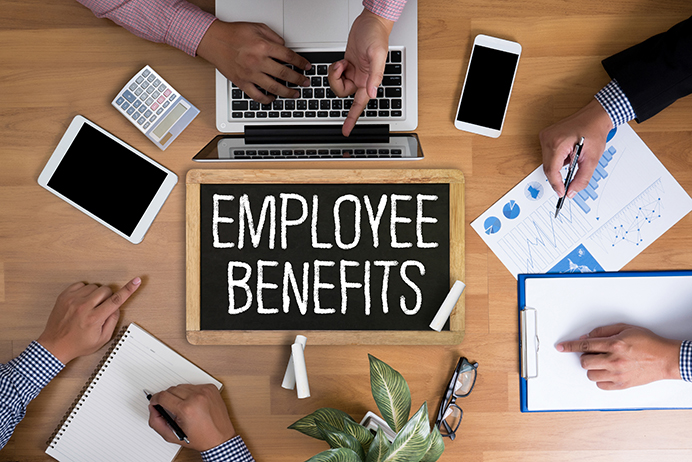Spotlight Series: Health Savings Accounts and the Inherent Gamble of Health Insurance
Insurance as an industry calculates probabilities of pooled risk. Insurance companies are betting that we (as individuals and on a larger scale, employment groups) will pay more in premiums than they will in medical care costs. As they make this bet, they are benefiting from our fear-based “what-if” mentality. Without any way to assess our own risk - we can hardly call their bluff.
As we espouse the potential benefit of HSAs, it's important to accept this fundamental understanding when considering the value of high or low deductible health insurance plans. Because truly, if you don't or can’t keep track of your health expenses year to year, you will be bluffing and betting blind on two things - that you won’t need full insurance coverage more than you need the monthly premium savings - and that something too terribly bad won’t happen to you. The fear of catastrophe more than the actual occurrence of it is the reason why health insurance companies profit from premiums.
If we accept that we’re gambling on some level when it comes to health insurance, one thing we’re missing that could motivate our ability to benefit from HSAs is a “house money” mentality. Even as data-informed choices can ease fears and thoughtful planning can ease apprehension - we can still sometimes feel that somehow, we’re just not covered enough if we’re actually saving money on health insurance. We’re so used to the idea that health care costs rise rather than fall that we don’t know what to do with the possibility that we’re saving money.
But let it ride!
We know that the money we spend in premiums is never returned to us if we don't use our health insurance. If you're paying a higher premium than you pay for health care, you're losing on the gamble that year. But if you save money in premiums - playing with house money dictates that you let it ride. In this case, put the money you’re saving in premiums to use for your potential benefit - and that would mean in an HSA.
Choosing an HSA-qualifying HDHP is a statement you make to insurance companies and yourself that says- “My risk is low enough for me to insure myself this year.”
When it comes to catastrophe, you and the insurance company are on an equal footing. Perhaps somewhere, insurance companies know if you're more likely to hit an uncontrollable disaster than in other places (i.e you're more likely to get mugged in NYC than in Palookaville, USA) but when it comes to how much you spend on health care, you both can know the same things. At least as far as the opaque system of medical service pricing dictates.
So as you sit across the proverbial table with an insurance company, placing bets on your health insurance needs for a year, these are the things you should have before going all in:
- Data-driven insights into health care spending (what you know about your spending - to call their bluff)
- Personal health care plan for known or foreseeable medical necessities or events (what you can plan on spending - the cards in your hand)
- A little bit of luck (what eases fear of catastrophe - bravery to play)
Stay tuned for the next post in the Lumity Spotlight Series as we explore year-end HSA eligibility and tax considerations for 2016.
If you want to know more about how Lumity’s data-driven platform can inform your decision to offer or select HDHP’s give us a call at 1-844-2-LUMITY.





